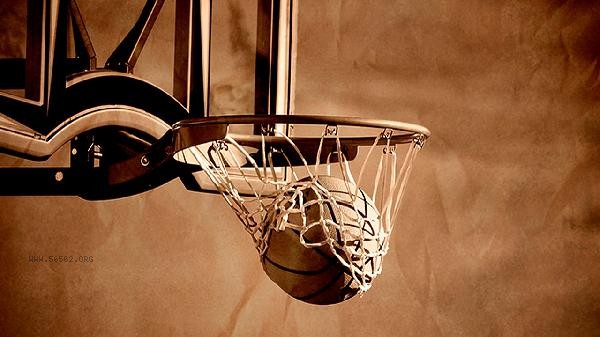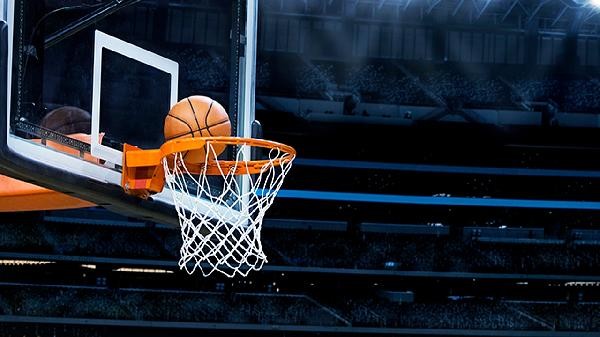Playing basketball can cultivate children's teamwork ability, physical coordination, stress resistance, rule awareness, and social skills. Basketball has a multidimensional promoting effect on children's physical and mental development through the combination of confrontation and cooperation.

1. Teamwork Ability
Basketball, as a collective sport, requires continuous transmission, covering, and tactical cooperation among team members. Children will naturally develop a sense of division of labor during training. By jointly developing offensive and defensive strategies and learning how to balance individual performance with team goals, this experience can be transferred to daily learning and life. When there is a passing error or cooperation failure, the coach guided review process can better strengthen the team's sense of responsibility.
2. Body Coordination
Dribbling requires hand eye coordination and balance control of the limbs, shooting involves coordinated force from all muscle groups in the body, and defensive movements test reaction speed and spatial perception. Long term training can significantly improve children's dynamic balance ability and promote cerebellar development. The unique jumping movements of basketball also help stimulate bone growth, which is particularly important for children in their growth and development stage.
3. Stress resistance
The score changes, audience cheers, and critical moments of free throws in a game are all natural stress situations. Under the guidance of a coach, children learn to adjust their breathing rhythm and focus on technical movements rather than results. This psychological resilience training can effectively reduce their fear of failure. Analyzing mistakes instead of blaming them during post match summaries can better cultivate a growth mindset. From basic walking violations to complex offensive fouls, the basketball rule system helps children understand the importance of boundaries. The referee's immediate decision provides clear feedback and helps establish respect for authority. By following training discipline and competition etiquette, children can have a clearer understanding of the relationship between personal behavior and the rights of others.

5. Social skills
Body language and instant communication needs on the basketball court can improve the expression willingness of introverted children. The exemplary role of older players in mixed age teams can accelerate the learning of social skills. Shaking hands and comforting opponents after the game subtly cultivate empathy skills. This informal social setting has unique value for the development of children's emotional intelligence.
It is recommended that parents choose the appropriate size of basketball and basket height according to their child's age, and focus on gamified training in the early stages to avoid excessive competition. 2-3 times a week, with each session lasting no more than 1 hour, is a suitable training intensity. Adequate warm-up and stretching should be done before and after exercise. Pay attention to replenishing water and high-quality protein, and immediately apply ice packs after sports injuries. Basketball shoes should choose anti slip and wear-resistant styles, and regularly check the wear of the sole. By recording changes in shooting accuracy and other data, help children establish a visual sense of progress and achievement.





Comments (0)
Leave a Comment
No comments yet
Be the first to share your thoughts!